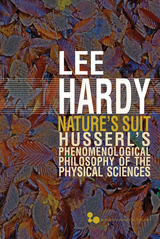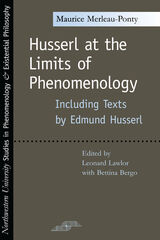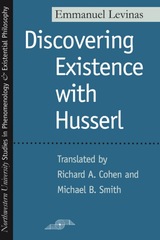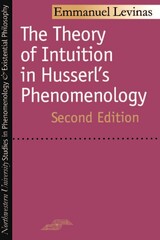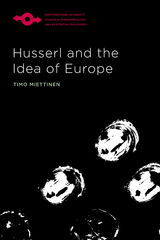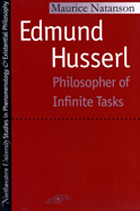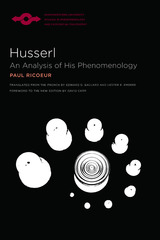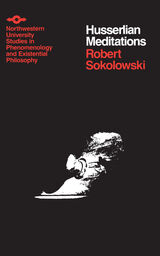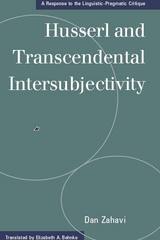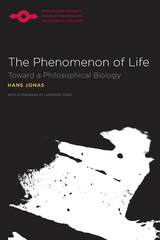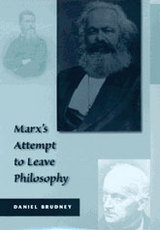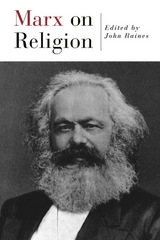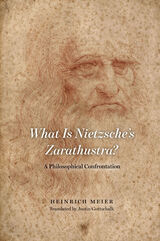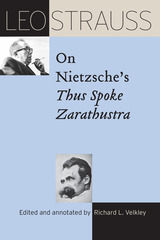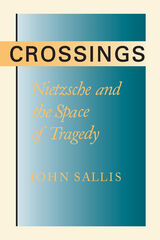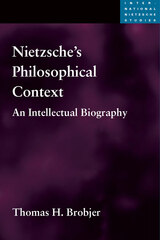The Life and Thought of Hans Jonas: Jewish Dimensions
University Press of New England, 2010
Cloth: 978-1-58465-638-8 | Paper: 978-1-58465-853-5
Library of Congress Classification B3279.J664W5413 2007
Dewey Decimal Classification 193
Cloth: 978-1-58465-638-8 | Paper: 978-1-58465-853-5
Library of Congress Classification B3279.J664W5413 2007
Dewey Decimal Classification 193
ABOUT THIS BOOK | AUTHOR BIOGRAPHY | TOC
ABOUT THIS BOOK
Hans Jonas (1903–1993) is one of the most important philosophers of the 20th century. Born in a German Jewish community in the Rhineland, Jonas’s mentors included Edmund Husserl, Martin Heidegger, and Rudolf Bultmann. The committed Zionist fled Germany in 1933 for Jerusalem, fought in the British Army against Hitler, and then left Israel for North America in 1949. Much of Jonas’s philosophy responds to contemporary historical and political challenges: mass society, totalitarianism, the Holocaust, “nuclearism,” environmental devastation (Chernobyl), and, later, the risks of genetic engineering. Wiese’s study examines how Jonas’s Jewish background influenced his intellectual development. Wiese shows how philosophical ethics and Jewish identity were two inseparable aspects of his thinking, with the fight against Nihilism as the most important link. Drawing on a wealth of unpublished material and exploring momentous encounters with major figures of 20th century life and letters like Gershom Scholem and Hannah Arendt, Wiese demonstrates how Jonas combined religious and philosophical elements in his thought, and offers new insights into the work of this eminent thinker.
See other books on: 1903-1993 | Hans Jonas | Jewish philosophers | Jonas, Hans | Thought
See other titles from University Press of New England

